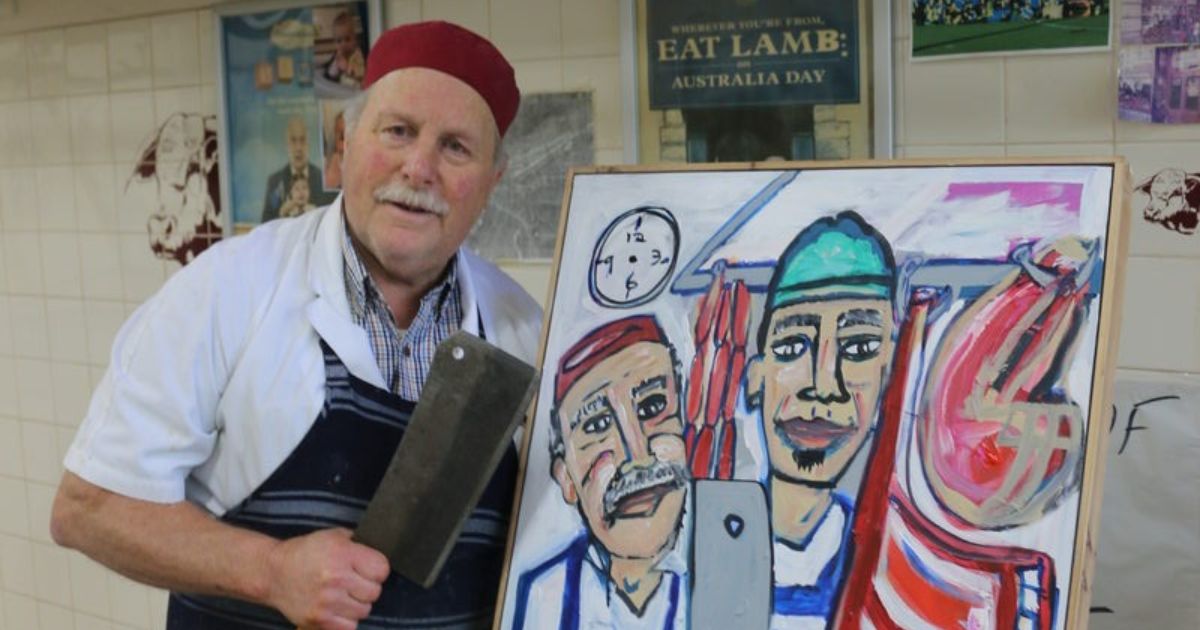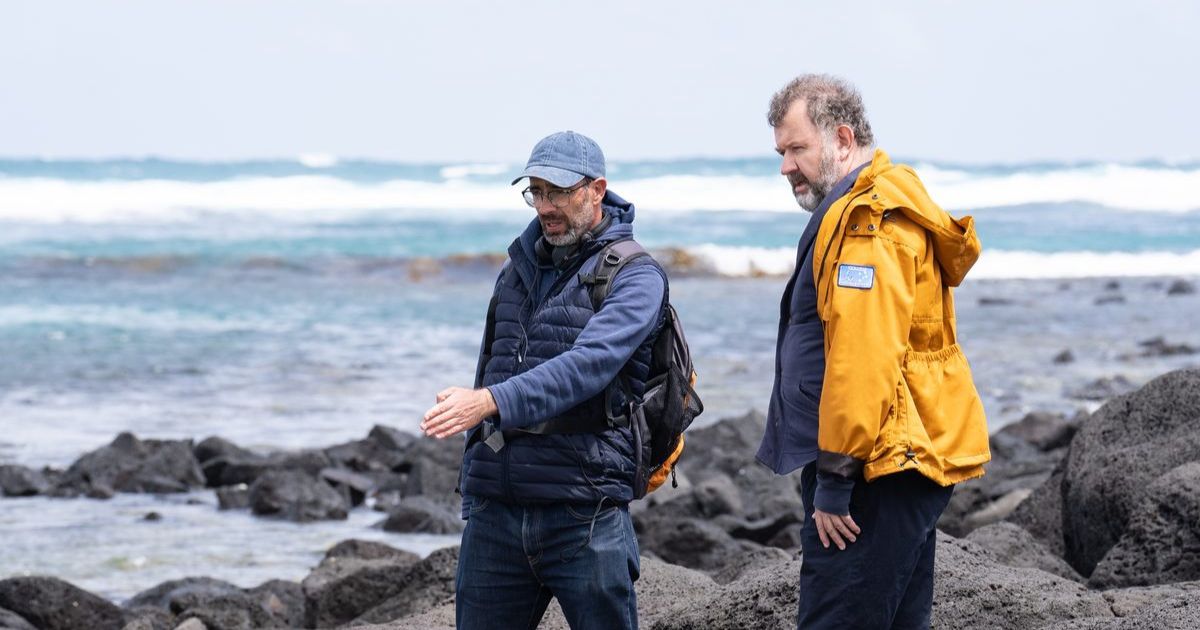From the desk of Roland Rocchiccioli

Gwalia was an excellent state school of 40-children and two committed teachers. I owe them a debt I could never repay!
BACK in his Italian, Tuscan village, my father, Ginger, was a pastore — a shepherd. They made pecorino cheese. In Australia, he taught himself English from the Kalgoorlie Miner newspaper.
He recognised the value of education. Both I and my sister were sent to boarding schools. She went in 1952. When it came my turn, 1960, he was less financially secure. To pay my first year’s fee, he sold his only asset, a house, for 250-pounds.
Ginger was an underground machine miner — one of the best I have been told, many times, by his colleagues. He was determined I would never be forced to work on the mine; or face a future with no qualifications.
Of all the kids in my class at the Gwalia State School, only a couple went on to secondary education. The school leaving age was 14. Consequently, they did a year of correspondence, then joined the workforce the day they could leave — even if it occurred in the middle of the year. Curiously, there was never a moment of doubt. Beria, my mother, said, always: “He’ll be going away to college.” Thank God, I did! I was well prepared.
State schools were, in the 1950s and 60s, fine institutions of learning. Many of the headmasters were returned soldiers who trained on returning from the conflict. Newly graduated teachers were bonded to the Education Department. The government provided ample money for the equipping and running of the schools. Exercise books and pads were provided by the Education Department. Where possible, text books were handed from one year to the next. There were no fees. Education was free for every child, regardless. The local Parents’ and Citizens’ Association (the P&C) supported the headmaster in a range of school activities. The headmaster, together with the policeman and the postmaster, were at the town’s apex.
Adequate funding for state schools does not necessarily occur automatically. Recently, principals have cited a degree of difficulty in accessing special project grants. The process has become cumbersome and time consuming — diverting efforts away from students. Anecdotally, government school circumstances have never been more problematic. Certainly, funding for developments is proving an arduous task, and too often a source of discouragement.
Health, housing, and education, are the three most significant aspects of our lives. In a country as rich as Australia, children have an entitlement to a first-rate education, regardless of colour, creed, race, or political belief. That the Nations’ numeracy and literacy rates have been allowed to falter is an indication of a system-in-failure. The problems are nuanced and are not, by any extrapolation, the fault of the teachers. Ambiguous family structures; the pressures of a modern, technological society; education design; financial crises; poverty; health care; hunger; drug abuse; income disparity; obesity; terrorism; climate change, and sustainability, are causative, wicked problems, of grave concern.
It would be folly to suggest governments are not alarmed; however, the corrective theory, and the application thereof, is not necessarily ameliorating the dilemma. The rorting of the methodology with party-political, community grants is obscene.
Unequivocally, sport plays a crucial role in the health and well-being of any community; however, there are times when more pressing issues must, of necessity, take precedence. The cancelling of the 2026 Commonwealth Games cost Victoria more than $589 million. Imagine what could have been done for schools with that sum of money.
Roland joins Brett Macdonald radio 3BA 10.45 Monday morning. Contact [email protected]


















